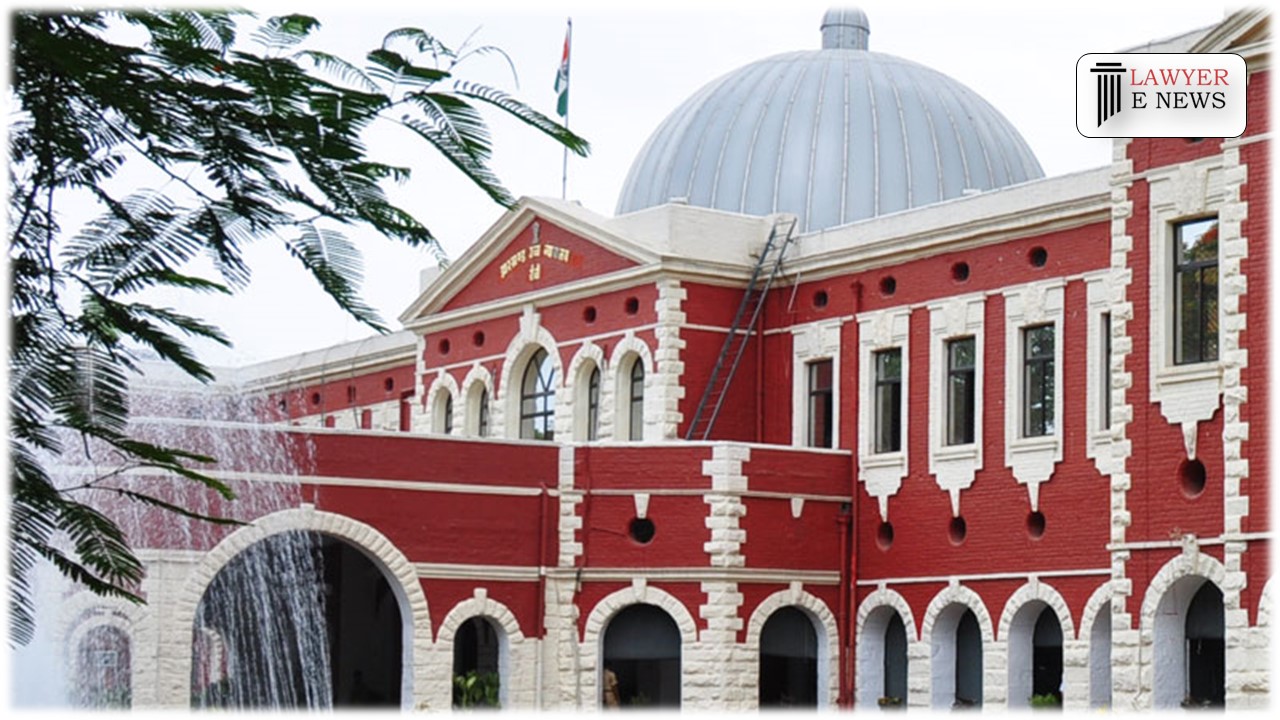-
by Admin
15 February 2026 2:16 AM



High Court restores Trial Court’s decree, confirming plaintiffs’ 2/3rd share and redemption rights in a landmark mortgage dispute.
The Jharkhand High Court has reaffirmed the redemption rights of plaintiffs in a longstanding mortgage dispute, overturning the First Appellate Court’s decision. The judgment, delivered by Justice Gautam Kumar Choudhary, clarifies that the principles of res judicata and Order II Rule 2 of the Code of Civil Procedure (CPC) do not obstruct the current suit. This ruling reinstates the Trial Court’s decree, recognizing the plaintiffs’ 2/3rd share in the property and their right to redeem the mortgage bond.
The dispute, rooted in Title Suit No. 29 of 1977, centers on the redemption of a mortgage bond dated September 13, 1969, executed by Abdul Rahim. After Abdul Rahim’s death, his daughters—plaintiffs Soghra Bibi and others—sought to redeem the mortgaged property and claim their 2/3rd share as legal heirs. Initially, the Trial Court ruled in favor of the plaintiffs, but this decision was reversed by the First Appellate Court, prompting the present Second Appeal.
Finality of Previous Judgments:
The High Court emphasized the finality of the judgment in Title Suit No. 16 of 1974, which confirmed the plaintiffs’ 2/3rd share and their right to redemption. Justice Choudhary noted, “The principles of res judicata and Order II Rule 2 CPC do not apply here as the cause of action in the present suit differs from the earlier declaratory suit.”
The court detailed the substantial questions of law, affirming that the earlier judgment, which had attained finality, recognized the plaintiffs’ share and their right to redeem the mortgage. Justice Choudhary stated, “The cause of action in the second suit is for redemption, distinct from the declaratory nature of the earlier suit. Thus, the present suit is not barred by res judicata or Order II Rule 2 CPC.”
Rights of Legal Heirs:
The court upheld the rights of legal heirs under Mohammedan Law, stating that Abdul Rahim’s daughters, including the plaintiffs, were entitled to their respective shares. “The Trial Court correctly held that Abdul Rahim had three daughters, each entitled to a 1/3rd share in the property,” the judgment noted.
Invalidity of the Sale Deed:
The High Court invalidated the sale deed executed by one of the daughters, Jubeda Khatoon, who had sold the entire property to the defendant, asserting that she could only transfer her 1/3rd share. The court found the transactions between the defendants to be “false and fabricated.”
Hostile Witnesses and External Pressures:
Addressing the issue of hostile witnesses, the court observed that initial statements made by the plaintiffs were consistent and detailed, despite subsequent retractions influenced by external pressures. “The plaintiffs’ testimonies and the finality of the earlier suit’s judgment substantiate their claims,” the bench asserted.
Justice Choudhary emphasized, “The cause of action in the second suit, focused on redemption, is distinct from the declaratory cause in the earlier suit, hence res judicata and Order II Rule 2 CPC are inapplicable.”
The High Court’s decision to overturn the First Appellate Court’s ruling and restore the Trial Court’s decree underscores the judiciary’s commitment to upholding legal heirs’ rights and the finality of judgments. By reaffirming the plaintiffs’ 2/3rd share and their right to redeem the mortgaged property, this judgment sets a significant precedent for future disputes involving redemption rights and the applicability of res judicata and Order II Rule 2 CPC.
Date of Decision: 16th May 2024
Soghra Bibi and Others vs. Sulema Khatoon and Others
